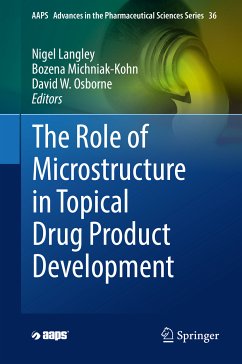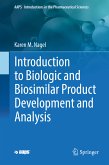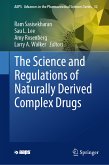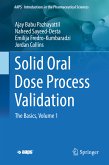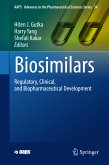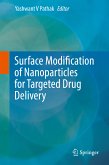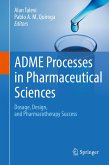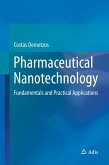Following the Semi-solid Microstructure Workshop sponsored by BASF and hosted by the Rutgers Center for Dermal Research, a pharmaceutical product development working group was formed. The group, known as the Q3 Working Group, selected the following five areas of focus: Particle/Globule Size and Distribution, Viscosity/Rheology/Spreadability, In Vitro Testing, State of API, State of Excipients. A committee was appointed for each of these five areas. The committees were tasked to review the literature, identify best practices, list experimental details required for an independent lab to duplicate the test, and propose scientific studies that may meaningfully advance this specific area of focus. Each committee has a chair (or co-chairs) that are the lead author(s) of the chapter. The Q3 Working Group members serve as the critical reviewers of each chapter, making suggestions thatimprove the quality of the document and that make each of the five chapters uniform in scope and content.
Pharmaceutical development scientists that formulate topical products (creams, lotions, gels suspensions, foams, etc) and all the allied raw material suppliers, packaging suppliers, contract laboratories including CROs, CMOs and regulators need access to this book. Overall, the topic of semisolid microstructure is of equal importance to the generic pharmaceutical companies (filing Abbreviated New Drug Applications or ANDAs) and pharmaceutical companies filing New Drug Applications (NDAs). In addition to products applied to the skin, hair, and nails, The Role of Microstructure in Topical Drug Product Development crosses over and is essential reading to developers of oral suspensions, ophthalmic ointments and gels, otic suspension, vaginal semisolids and retention enemas.
Dieser Download kann aus rechtlichen Gründen nur mit Rechnungsadresse in A, B, BG, CY, CZ, D, DK, EW, E, FIN, F, GR, HR, H, IRL, I, LT, L, LR, M, NL, PL, P, R, S, SLO, SK ausgeliefert werden.

